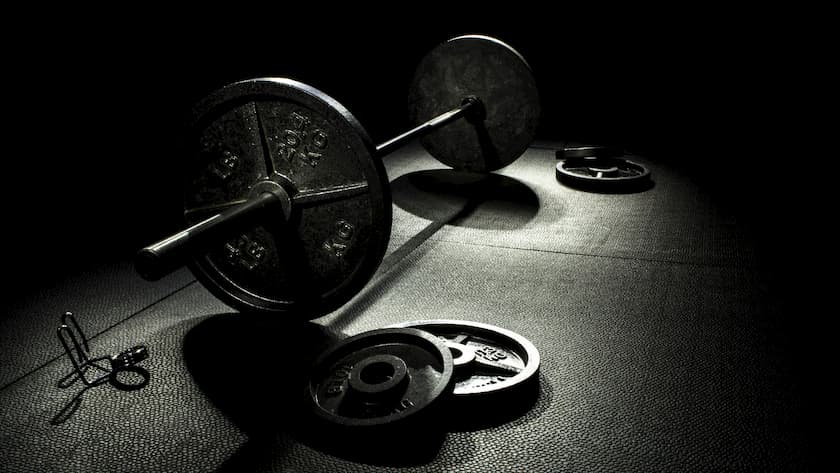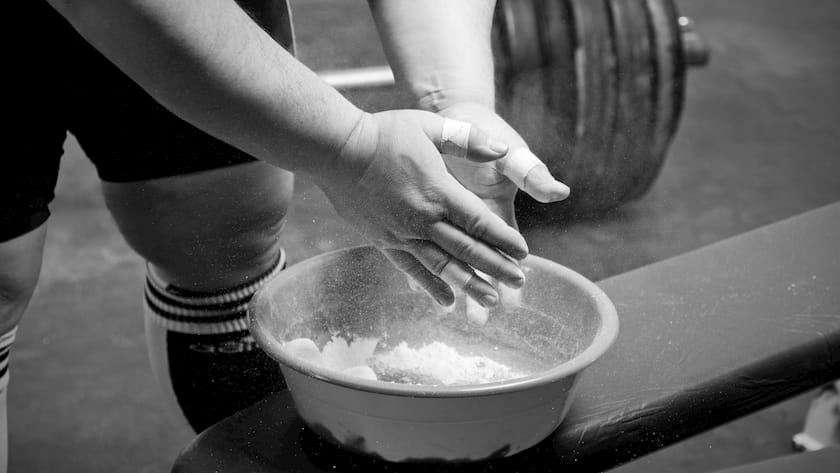Milk is one of the best food sources for any athlete to consume. It’s rich in protein and nutrients such as vitamin A & B, calcium, zinc, and magnesium. Since the days of Reg Park, milk has been a staple in weight lifters diets due to the simple fact it works.
How Milk Effects Insulin
Insulin causes cells in the liver, muscle, and fat tissue to take up glucose from the blood, storing it as glycogen in the liver and muscle. Glycogen is essentially stored energy, and when needed is broken down through a process known as glycogenolysis. Insulin is produced naturally by the pancreas, and if timed correctly, causing insulin spikes intentionally is very beneficial to strength and muscle growth.
Even though milk has a low-glycemic-index number, it still has a high insulin stimulating effect. The lactose is converted to galactose (a blood sugar similar to glucose) and into glucose itself, which causes the insulin spikes. Whey protein also contributes to this insulin response.
Adding just 200 milliliters of milk to a low-glycemic-index meal raises the insulin response threefold (300%). Increased insulin speeds the entry of amino acids into muscle cells and increases protein synthesis which results in an anticatabolic (non-muscle wasting) muscle environment. This effect combined with the slow digesting casein protein produces the optimum muscle building opportunity.
Insulin also helps to rapidly replenish muscle glycogen (stored glucose which is used for energy) which is extremely important after exercise. Studies show drinking milk after a workout increases recovery efficiency more-so than ingesting any protein or sports drink.
In fact, low-fat chocolate milk has been shown to replenish and refuel muscles better than most sports drinks according to Michael J. Saunders, Ph.D., of James Madison University.
Nutritional Value of Chocolate Milk
Low-fat chocolate milk contains 9 essential nutrients; among these are calcium and vitamin D which reduce the risk of stress fractures. It also replenishes electrolytes as it naturally includes calcium, potassium, sodium, and magnesium which are lost while sweating during exercise.
Electrolytes are vital because they are what your cells use to carry electrical impulses (muscle contractions) across themselves and to other cells. Chocolate milk also serves for re-hydration purposes as it is a nutrient-laden liquid (milk is made up of about 90% water) that helps you rehydrate.
Although these studies have been done on low-fat chocolate milk, there is no reason to believe whole chocolate milk will not have the same or better effects. We know this to be true with regular milk as well.
Milk and Vitamin D
Vitamin D is a fat-soluble vitamin, meaning it gets broken down with the help of lipids (fats) and gets stored in the liver. Low levels of vitamin D are linked to low blood testosterone.
An Austrian study showed the supplementing vitamin D (3,000iu per day) for one year increased testosterone by 20% and the biologically active free testosterone by 17%. Milk contains 100iu in an 8 0z glass or 1600iu per gallon and is one of the best food sources for vitamin D, second only to fish such as salmon.
Vitamin D also promotes calcium and phosphate absorption in the gut, which translates into greater bone health and helps the body store/use energy more efficiently. It is also a cancer-fighting agent as it promotes cellular differentiation (differentiated cells are needed to perform specialized functions effectively), and slows down the rate at which cells multiply. Rheumatoid arthritis, kidney disease, and fatigue have all been linked to deficient levels of vitamin D.
Addressing Milk and Estrogen
In recent years there has been a lot of rumors that the positive effects of milk are counteracted by the estrogen contained within it. Although dairy farm practices have contributed to the increased amount of this hormone found in the milk, the amount is still insignificant to have any negative effects. The average man produces 136,000 nanograms of estrogen per day, which is more than you would get from drinking seven gallons of milk.
Sources:
Gilson SF, et al “Effects of chocolate milk consumption on markers of muscle recovery during intensified soccer training” ACSM 2009.
Cockburn E, Hayes PR, French DN, Stevenson E, St Clair Gibson A. Acute milk-based protein-CHO supplementation attenuates exercise-induced muscle damage. Applied Physiology, Nutrition & Metabolism. 2008;33:775-783.
Cockburn E, Stevenson E, Hayes PR, Robson-Ansley P, Howatson G, Effect of milk-based carbohydrate-protein supplement timing on the attenuation of exercise-induced muscular damage. Applied Physiology, Nutrition and Metabolism. 2010;35:270-277.
Karfonta KE, Lunn WR, Colletto MR, Anderson JM, Rodriguez NR. Chocolate milk enhances glycogen replenishment after endurance exercise in moderately trained males. Medicine & Science in Sports & Exercise. 2010;42:S64.
Sawka MN, Montain SJ. Fluid and electrolyte supplementation for exercise heat stress. American Journal of Clinical Nutrition. 2000;72:564S-572S.
Miura, Y.; Kato, H.; Noguchi, T. (2007). “Effect of dietary proteins on insulin-like growth factor-1 (IGF-1) messenger ribonucleic acid content in rat liver”. British Journal of Nutrition 67 (2): 257.
Farlow, D.W., et al. (2009). Quantitative measurement of endogenous estrogen metabolites, risk factors for development of breast cancer, in commercial milk products by LC-MS/MS. J Chromto B. 877(13):1327-1334.
Hormone and metabolic research Hormon und Stoffwechselforschung Hormones et metabolisme (2011)
Volume: 43, Issue: 3, Pages: 223-225




Leave a comment
All comments are moderated before being published.
This site is protected by hCaptcha and the hCaptcha Privacy Policy and Terms of Service apply.